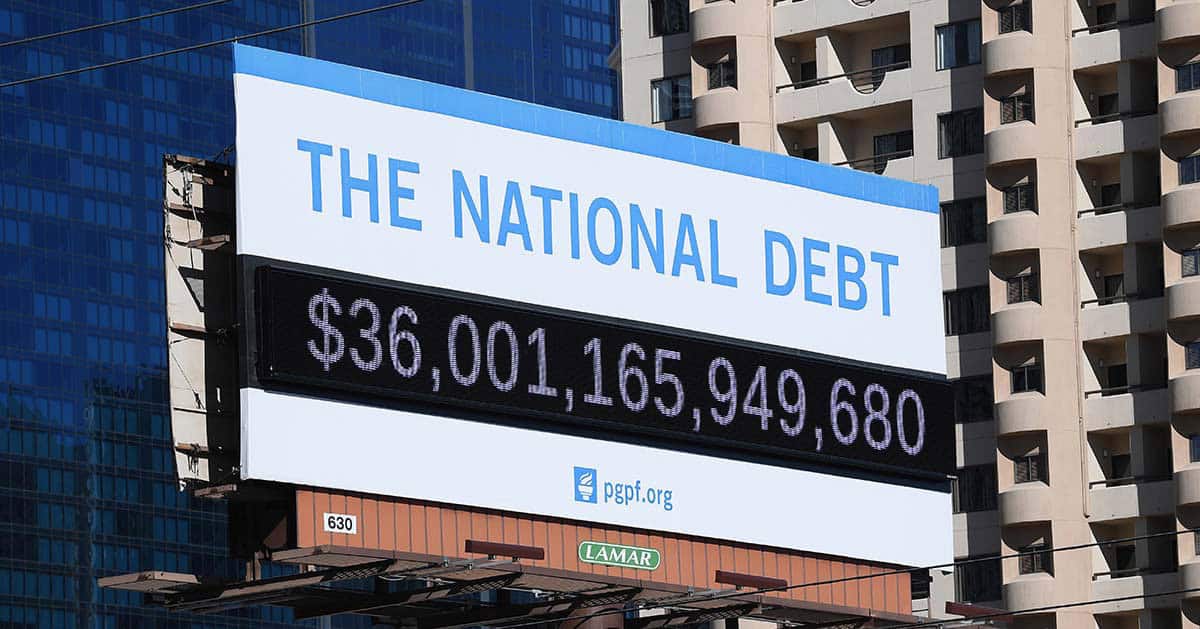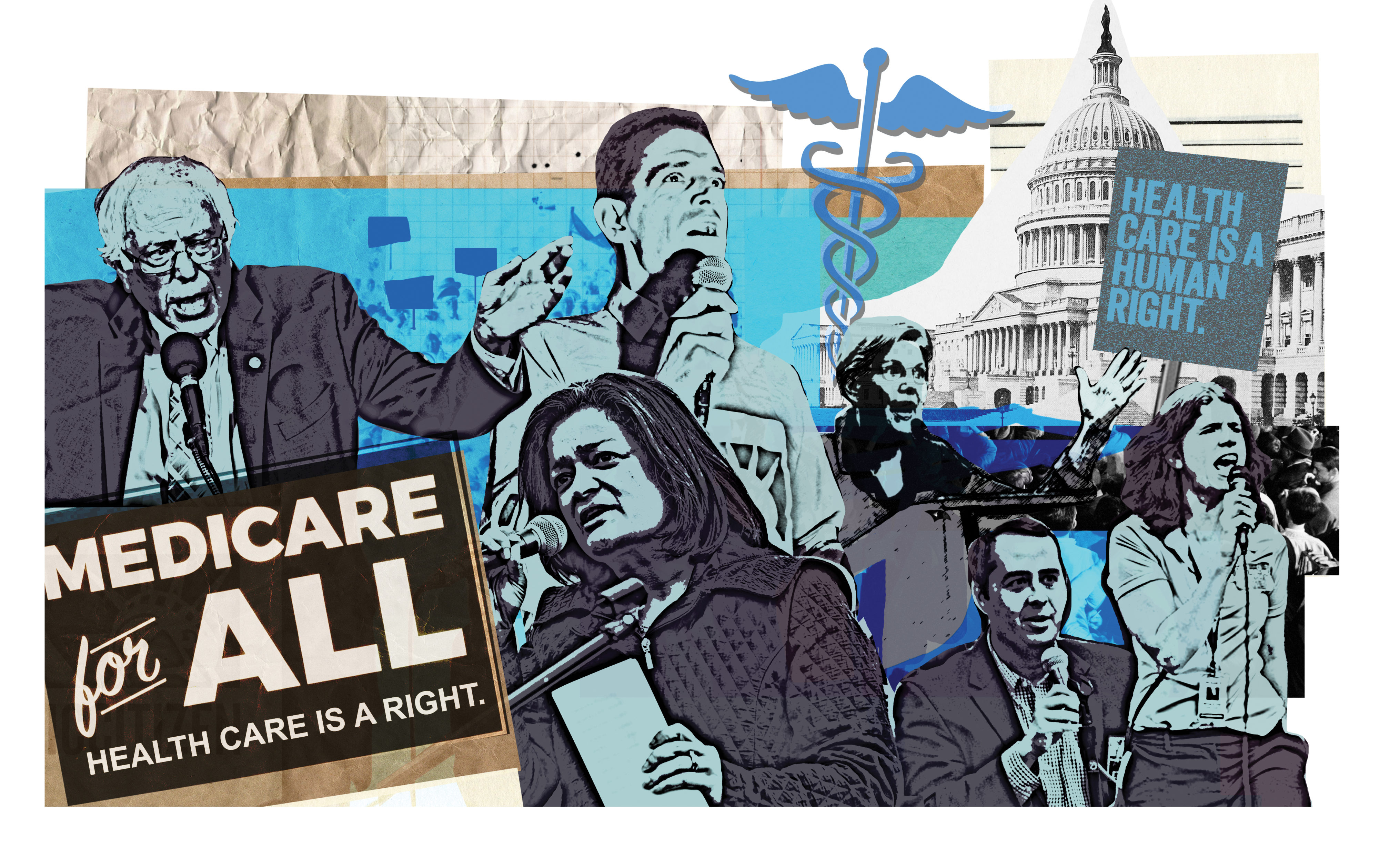Ask yourself this: what percentage of your time and money is spent on people you don’t know? The answer is close to zero. Nearly 100% of your time and money goes to yourself and your family. Then come your close friends. After that, your casual friends and acquaintances. Strangers don’t even make the list.
In reality - not in the fantasy world of rhetoric - you don’t give a shit about strangers. Even if you volunteered at a soup kitchen for an hour and a half every week for your entire life, that’s still less than one percent of your time. Don't feel bad; we're all pretty much the same in this respect. Selfless actions are extremely rare compared to self-interested ones. It's just human nature, and it's not going to change anytime soon.
Now, suppose we hand you political power. How will you use it? The answer is obvious: to benefit yourself and your family. Then your close friends. Then your casual friends and acquaintances. Strangers don’t even make the list.
Even if a government were filled with decent, “normal” people, they would never act in the best interests of the country at large. They would do what people always do - look out for themselves, their families, and their friends. And that’s exactly what we see in the real world. It’s why Washington, D.C., has 10,000 registered lobbyists (and probably twice as many unregistered ones). Politicians will always put their own interests ahead of yours. Your so-called “representative” doesn’t even know your name - and doesn’t care to.
Government agents operate on self-interest, not for the common good. That's why government screws up everything it touches. Why it can’t even get the simple things right. It’s why defense contractors get filthy rich. Why healthcare costs a fortune. Why government drastically restricts the housing supply, thus condemning millions of young people to being lifelong renters. It’s why the money you have in the bank loses value with each passing year. This is why government sucks and why there is no fixing it - it doesn't matter who's in charge.
As uncle Milty put it, "The world runs on individuals pursuing their separate interests."
Do: Attack the argument.
Don't: Attack the messenger.
@Phys251
In reality - not in the fantasy world of rhetoric - you don’t give a shit about strangers. Even if you volunteered at a soup kitchen for an hour and a half every week for your entire life, that’s still less than one percent of your time. Don't feel bad; we're all pretty much the same in this respect. Selfless actions are extremely rare compared to self-interested ones. It's just human nature, and it's not going to change anytime soon.
Now, suppose we hand you political power. How will you use it? The answer is obvious: to benefit yourself and your family. Then your close friends. Then your casual friends and acquaintances. Strangers don’t even make the list.
Even if a government were filled with decent, “normal” people, they would never act in the best interests of the country at large. They would do what people always do - look out for themselves, their families, and their friends. And that’s exactly what we see in the real world. It’s why Washington, D.C., has 10,000 registered lobbyists (and probably twice as many unregistered ones). Politicians will always put their own interests ahead of yours. Your so-called “representative” doesn’t even know your name - and doesn’t care to.
Government agents operate on self-interest, not for the common good. That's why government screws up everything it touches. Why it can’t even get the simple things right. It’s why defense contractors get filthy rich. Why healthcare costs a fortune. Why government drastically restricts the housing supply, thus condemning millions of young people to being lifelong renters. It’s why the money you have in the bank loses value with each passing year. This is why government sucks and why there is no fixing it - it doesn't matter who's in charge.
As uncle Milty put it, "The world runs on individuals pursuing their separate interests."
Do: Attack the argument.
Don't: Attack the messenger.
@Phys251













